What Do the Kidneys Do?
Your kidneys are powerful multitaskers essential for your survival. Every day, they filter about 50 gallons of blood to remove waste and extra water, which becomes urine.
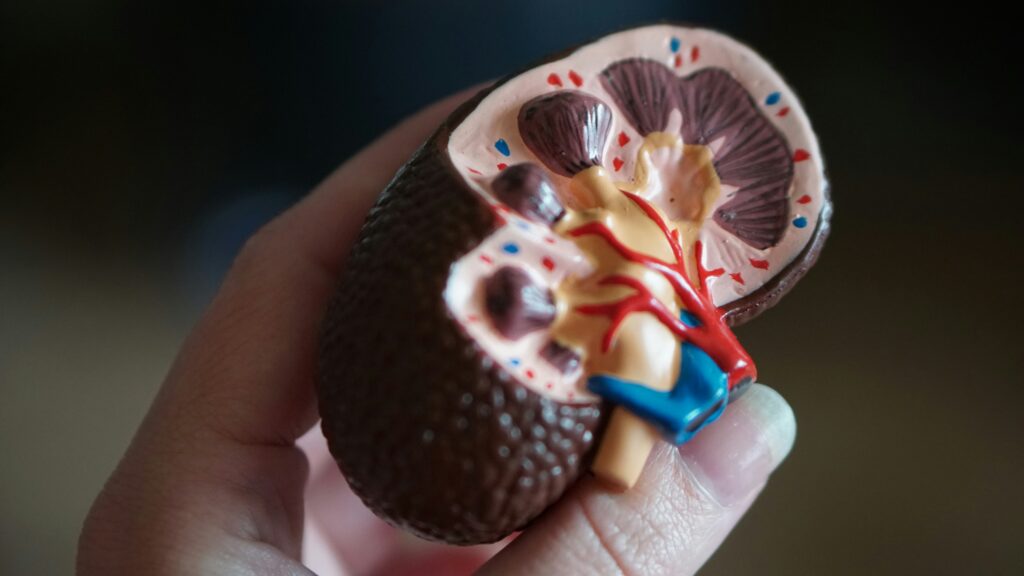
Beyond this, they regulate vital minerals like sodium and potassium, balance your body’s pH, and release hormones that help manage blood pressure, stimulate red blood cell production (via erythropoietin), and activate vitamin D for healthy bones.
When these organs are compromised, waste builds up, blood pressure rises, and you can develop anemia or brittle bones—highlighting how vital kidney health is to your overall well-being.
Why Do Kidney Lab Tests Matter?
Kidney disease is often called a “silent condition” because it can progress without symptoms. By the time signs like swelling or fatigue appear, significant damage may already have occurred.
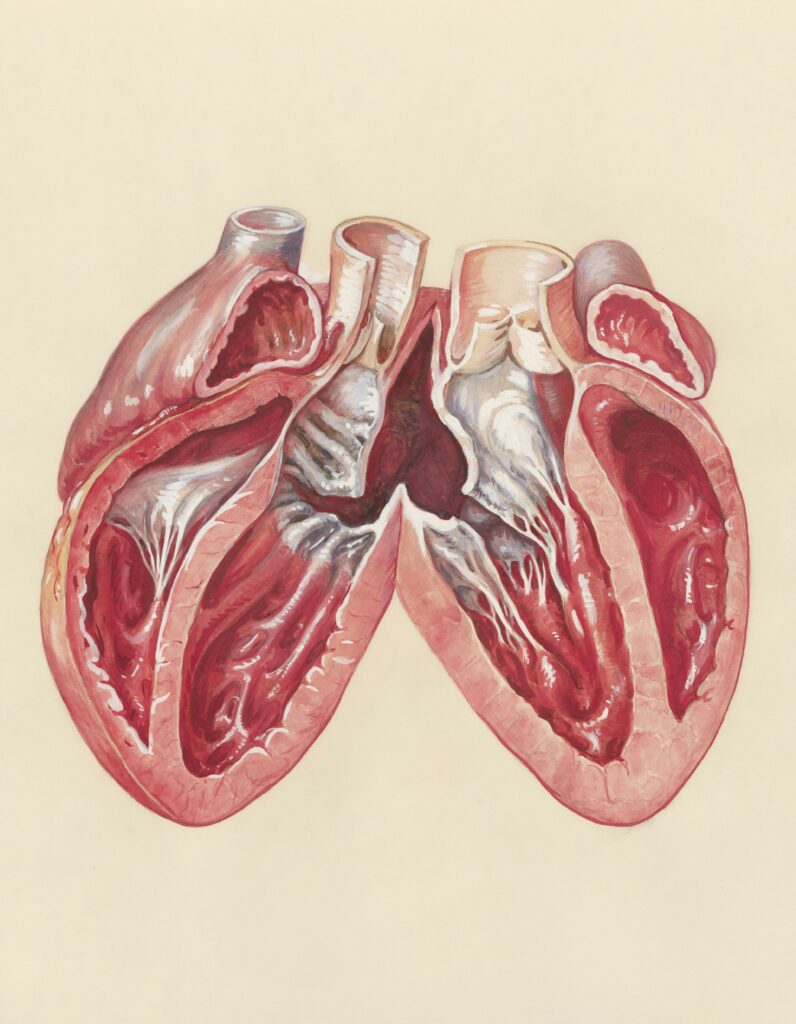
Lab tests can detect kidney problems in their earliest stages—before they become irreversible. This is especially important for those with risk factors such as high blood pressure, diabetes, or a family history of kidney disease.
Regular testing enables early intervention, lifestyle adjustments, and treatment that can preserve kidney function and enhance quality of life.
Key Lab Tests for Kidney Health
Each test offers insight into how well your kidneys are working and whether there’s damage.
- Serum Creatinine: This simple blood test measures creatinine, a waste product your muscles constantly produce. Because kidneys normally filter it out, elevated levels in your blood may be one of the first signs your kidneys aren’t doing their job. However, factors like muscle mass, diet, and medication can also influence creatinine levels.
- Estimated Glomerular Filtration Rate (eGFR): The eGFR calculation translates your creatinine result into an estimate of kidney filtering capacity. A value under 60 mL/min/1.73m² for more than three months suggests chronic kidney disease. The lower your eGFR, the more advanced the kidney impairment. It’s a cornerstone metric for staging kidney disease and guiding treatment.
- Blood Urea Nitrogen (BUN): BUN reflects how much urea—a waste product of protein metabolism—is in your blood. While elevated BUN can indicate kidney dysfunction, it may also rise due to dehydration, high protein intake, or gastrointestinal bleeding. So, BUN is most useful when considered alongside other tests.

- Urinalysis: This broad urine test can detect abnormalities like protein, blood, ketones, or glucose. Protein in the urine can be an early marker of kidney damage, especially in people with diabetes or hypertension. Blood or white cells in urine could signal infection or inflammation affecting the kidneys or urinary tract.
- Urine Albumin-to-Creatinine Ratio (UACR): This focused urine test measures how much albumin (a protein) is lost in the urine relative to creatinine. A high UACR often precedes a drop in eGFR, making it a key tool for early detection of kidney disease. It’s particularly valuable for diabetes-related kidney monitoring.
- Electrolyte Panel: This panel evaluates levels of electrolytes such as sodium, potassium, chloride, and bicarbonate. Imbalances can result from poor kidney function, which disrupts how your body retains or loses these minerals. These disturbances can lead to symptoms like muscle weakness, confusion, or heart rhythm issues.
- Cystatin C: This is a protein produced by all nucleated cells and cleared only by the kidneys. It’s not influenced by muscle mass or diet, making it a more reliable marker for kidney function in certain populations, such as the elderly or very muscular individuals. It’s often used to confirm abnormal creatinine or eGFR results.
When Should You Get Tested?
Routine kidney function tests aren’t just for people with symptoms. Testing is especially recommended if you:
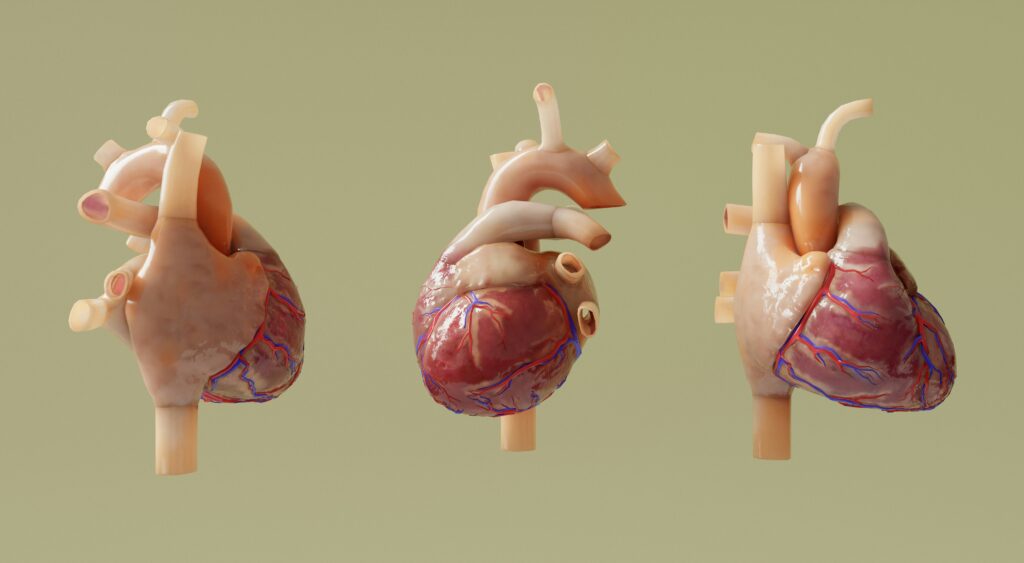
- Have diabetes or hypertension, the two leading causes of kidney disease.
- Are age 60 or older, as kidney function naturally declines with age.
- Have a family history of kidney problems or genetic conditions like polycystic kidney disease.
- Take medications that affect the kidneys, such as NSAIDs (like ibuprofen), lithium, or some antibiotics.
- Experience signs like frequent urination, foamy urine, swelling in legs or face, or unexplained fatigue.
Early testing could prevent complications or slow disease progression through timely treatment.
How to Prepare for Kidney Tests
Proper preparation ensures more accurate results:
- Blood Tests: Typically require no fasting unless bundled with other tests like glucose or cholesterol panels. Drink water to stay hydrated unless told otherwise.
- Urine Tests: May involve a single urine sample or a 24-hour collection, depending on what’s being assessed. Clean-catch techniques may be needed to avoid contamination.
- Always inform your healthcare provider about any supplements, herbal remedies, or medications you’re using, as some can interfere with kidney test results or kidney function itself.
What If Your Results Are Abnormal?

Don’t panic—abnormal results don’t always mean kidney failure. Your doctor will look at trends over time, repeat tests, and consider your overall health before diagnosing a kidney condition.
Factors like dehydration, a recent workout, or eating a high-protein meal can temporarily skew results. Persistent abnormalities—especially combinations like low eGFR and high UACR—require further investigation and often early intervention, which could include lifestyle changes, medications, or specialist referral to a nephrologist.
Why Early Detection Is Key
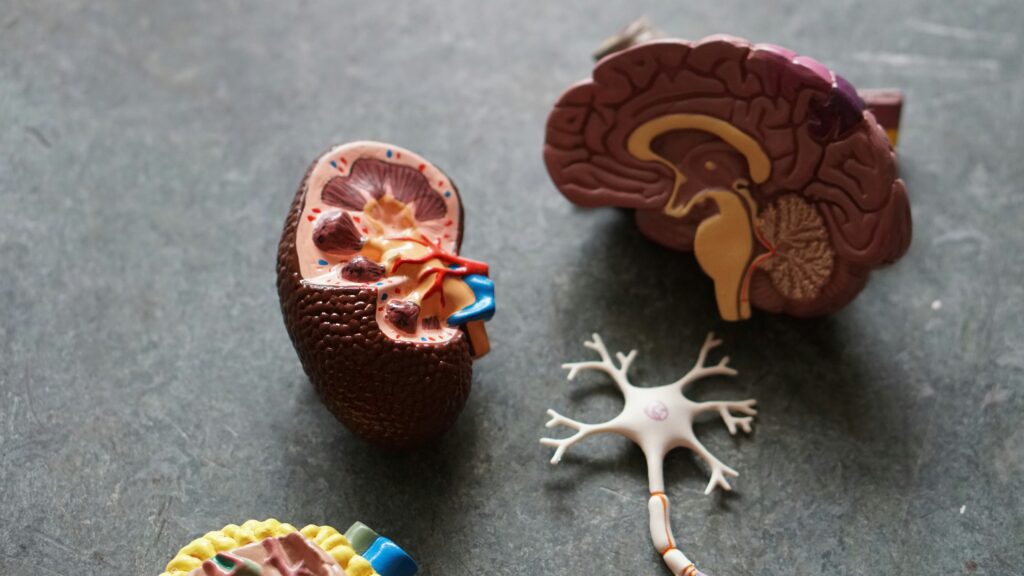
Catching kidney issues early can make a huge difference. Chronic Kidney Disease (CKD) is progressive, but if caught in the early stages, it can be slowed or even reversed with proper care.
Simple measures like lowering blood pressure, managing diabetes, eating a kidney-conscious diet, and avoiding harmful substances (like tobacco or excessive NSAIDs) can preserve kidney health. Early detection means more options and fewer complications later.
Take Charge of Your Kidney Health
Understanding your kidney test results empowers you to make informed health decisions. Ask your doctor to explain your numbers and what they mean for your risk.
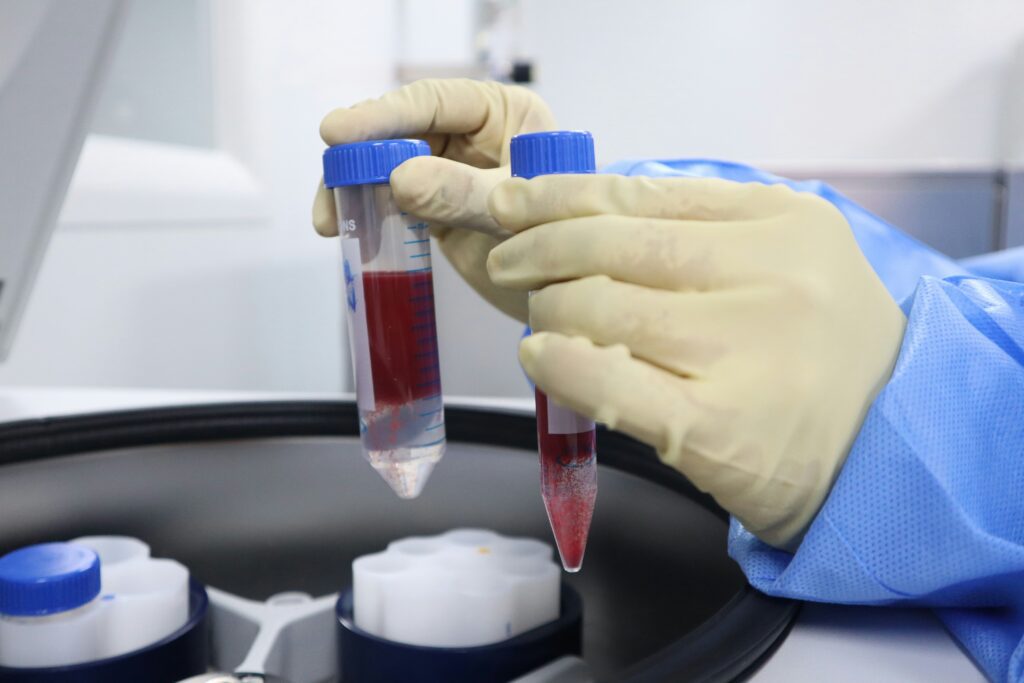
Whether you’re managing a chronic condition or simply monitoring your health, lab tests are your first line of defense. At Diagnostic Diaries, we’re here to break down those complex lab terms and help you track your health journey—because knowledge is the first step to prevention.


